Covid-19: Advice for families
Taking care of your loved ones
Following the latest COVID-19 lockdown announcement, we understand that it can be a particularly difficult time for those of us with elderly relatives to see and take care of them.
Spending time with or help those elderly family members is going to be extremely difficult for both sides. However, in order to control the spread of the virus, everyone must do their bit.
On this page, we have put together some advice on what you can do to protect yourself and your loved ones from exposure to coronavirus.
If you need advice, or you have questions about the latest national restrictions, please do not hesitate to contact your local branch.
Keeping your loved one safe
Here at Hales Homecare, we are ensuring that the latest Public Health England guidelines on Coronavirus are being adhered to, in order to protect service users and our committed staff.
The health and wellbeing of all of our service users, their families, our care workers and staff is our priority at this difficult time.
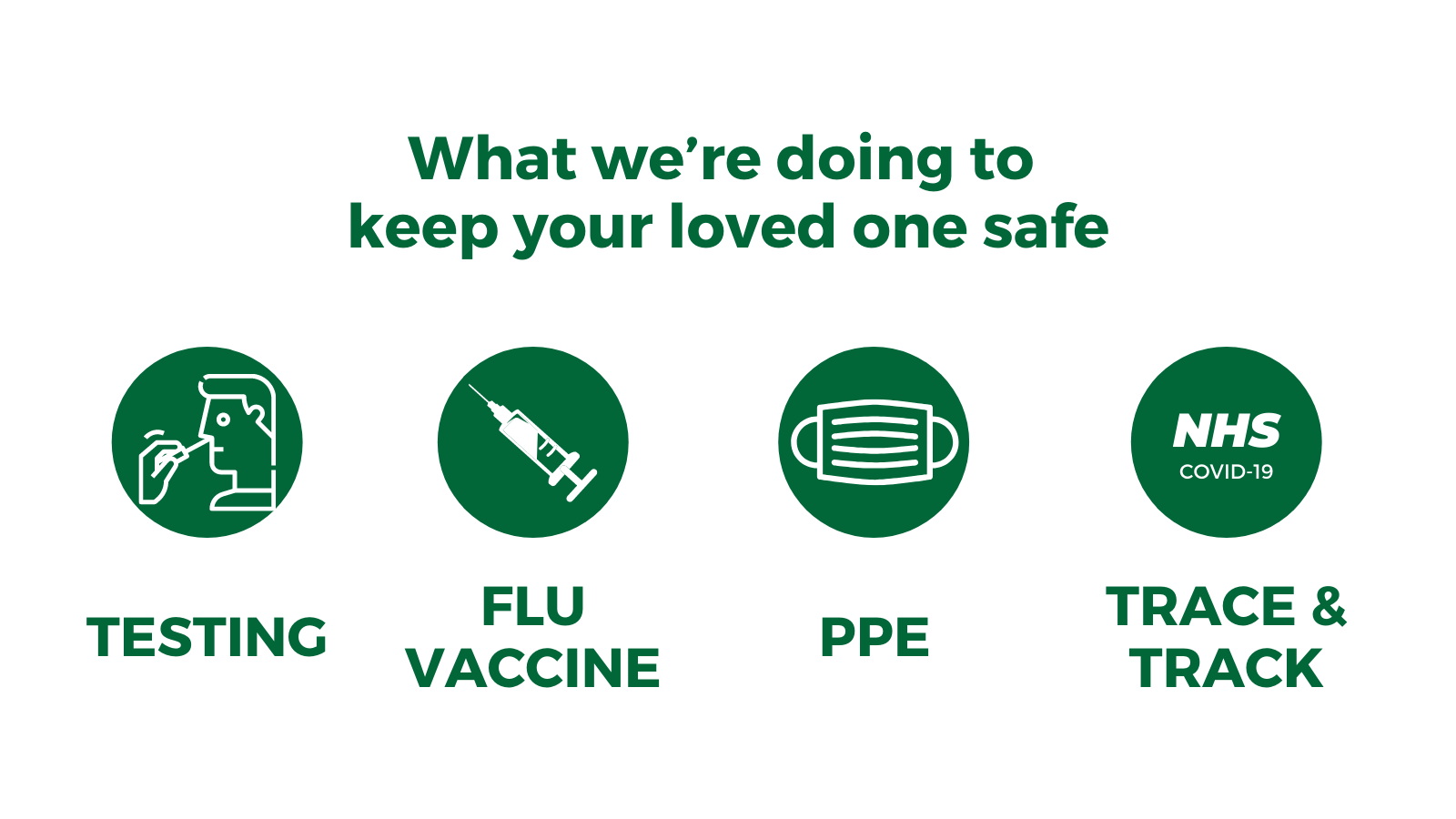
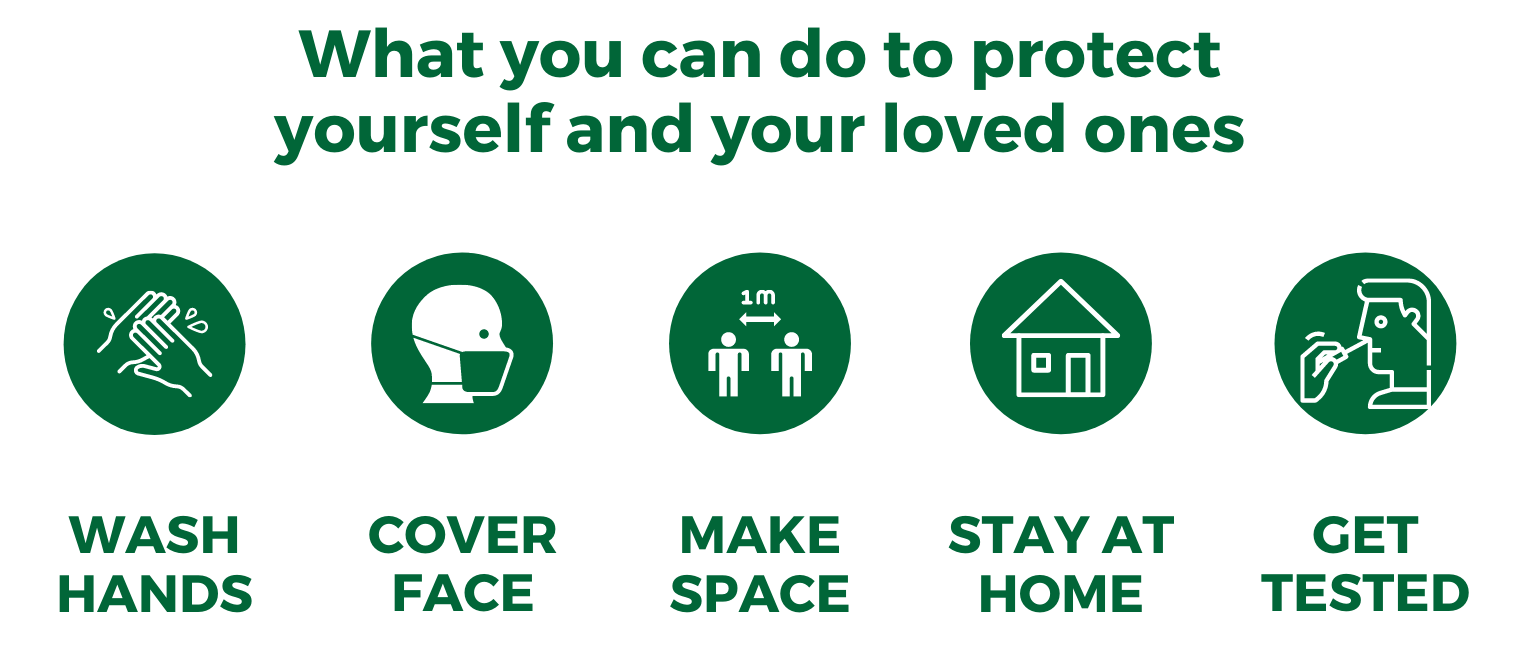
Download the official NHS tracing app for England and Wales to protect your loved ones.
Reasons to download the app
– The app lets you know if you have been exposed to coronavirus
– Receive updates on the risk level in your area
– Easily check into venues with the QR code scanner
– Check your symptoms and book a free test
Click here for more information on how the app works and how it can help protect you and your loved ones from coronavirus.
More advice on what you can do to keep your loved ones safe and how to care for them during the second national lockdown:
Make Use of Technology to Stay in Touch
Making use of technology to keep in contact with older relatives is crucial to their overall mental and emotional wellbeing, especially in times where loneliness and uncertainty are more likely to be felt.
Calling or sending a message to your relatives is just one of the ways to let them know you’re thinking of them. Something as simple as checking in and talking about their day will help to make them more comfortable at a time where many of us are struggling with anxiety and isolation.
Make use of FaceTime and other video calling platforms, where possible. This allows both of you to see each other, almost like a real-life scenario.
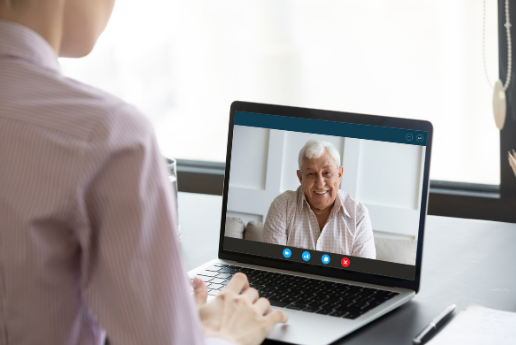

Get Extended Family Involved
Making use of technology can also allow for wider family members to join in. Getting grandchildren, nephews and nieces to join the call, is a wonderful way to come together as a family in trying times. Perhaps play some games – some of which, such as hangman and a fun quiz do not require anything more than a piece of paper and a pen. Regular contact is good for everyone and gives everyone something to look forward to throughout the day.
Try and set a daily time to do these things and stick to it. This will allow people from both parties to keep a more stable routine, which for many of us has been lost. It ensures that there is still some structure to the day, which can prevent confusion and boredom.
Keep Them Up to Date
It is essential for older people, or the clinically vulnerable, to take extra precautions and providing them with the right information on how to do this is important, such as regular hand washing.
You may also want to help by ensuring they are aware of what to do if they experience symptoms and how to use the NHS 111 online service. This will help them establish if further action should be taken.
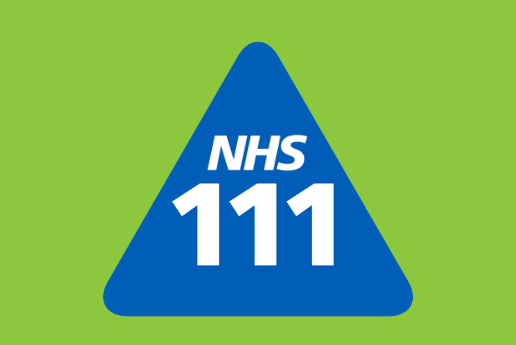
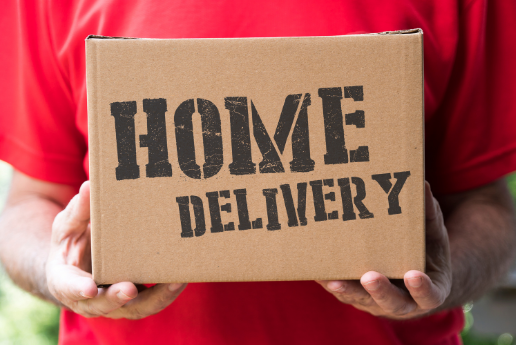
Help with the Shopping
With new COVID-19 guidance, those classified as clinically vulnerable to coronavirus are encouraged to stay at home as much as possible and minimise physical contact with others. If an elderly loved one is living alone, you can factor them into your weekly shopping routine or arrange online groceries and prescriptions.
Remember, it is essential to leave space between each other, and try not to see each other if possible. Instead, leave the shopping on their front door, ring the bell and wave them as you go.

















